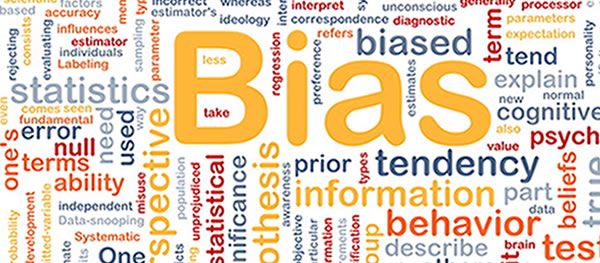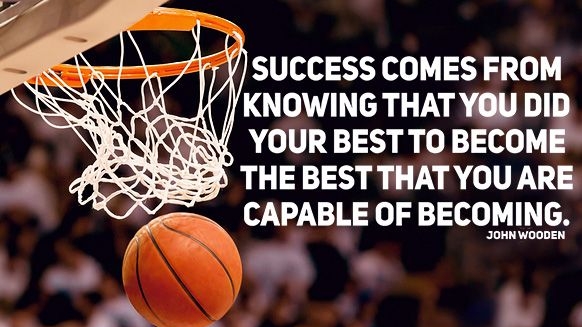Patience is a virtue that we hear about often, but it can be challenging to cultivate in our fast-paced world.
Being patient means being able to tolerate delays or obstacles without becoming frustrated or anxious. It involves staying calm and composed even in the face of difficult situations.
One of the key benefits of being patient is that it can help us to be more effective problem-solvers.
When we are able to remain calm and composed, we are better able to think clearly and make decisions that are in our best interest. This can be especially important in situations that are complex or emotionally charged, since patience can help us to avoid making impulsive or irrational choices.
Another benefit of being patient is that it can help us to build stronger relationships with others.
When we are patient with others, we demonstrate that we respect and value them. This can help to foster greater trust and understanding, which creates a more positive and supportive environment.
Of course, being patient is not always easy.
It can be frustrating to deal with delays or setbacks, and it can be tempting to give in to feelings of anger or impatience. However, with practice, we can all work to cultivate greater patience in our lives.
One way to do this is to practice mindfulness.
When we are able to be present in the moment and tune in to our own emotions and experiences, we are better able to stay calm and composed in difficult situations. This can help us to respond in a way that is more measured and effective, rather than simply reacting out of frustration or impatience.
Another way to cultivate patience is to practice gratitude.
When we take the time to appreciate the good things in our lives, we are better able to maintain a positive outlook and stay patient in the face of challenges. This can help us to maintain a sense of perspective and avoid getting bogged down in negative emotions.
Ultimately, being patient is about recognizing that good things often come to those who wait.
By cultivating greater patience in our lives, we can be more effective problem-solvers, build stronger relationships with others, and create a more positive and fulfilling life for ourselves.





